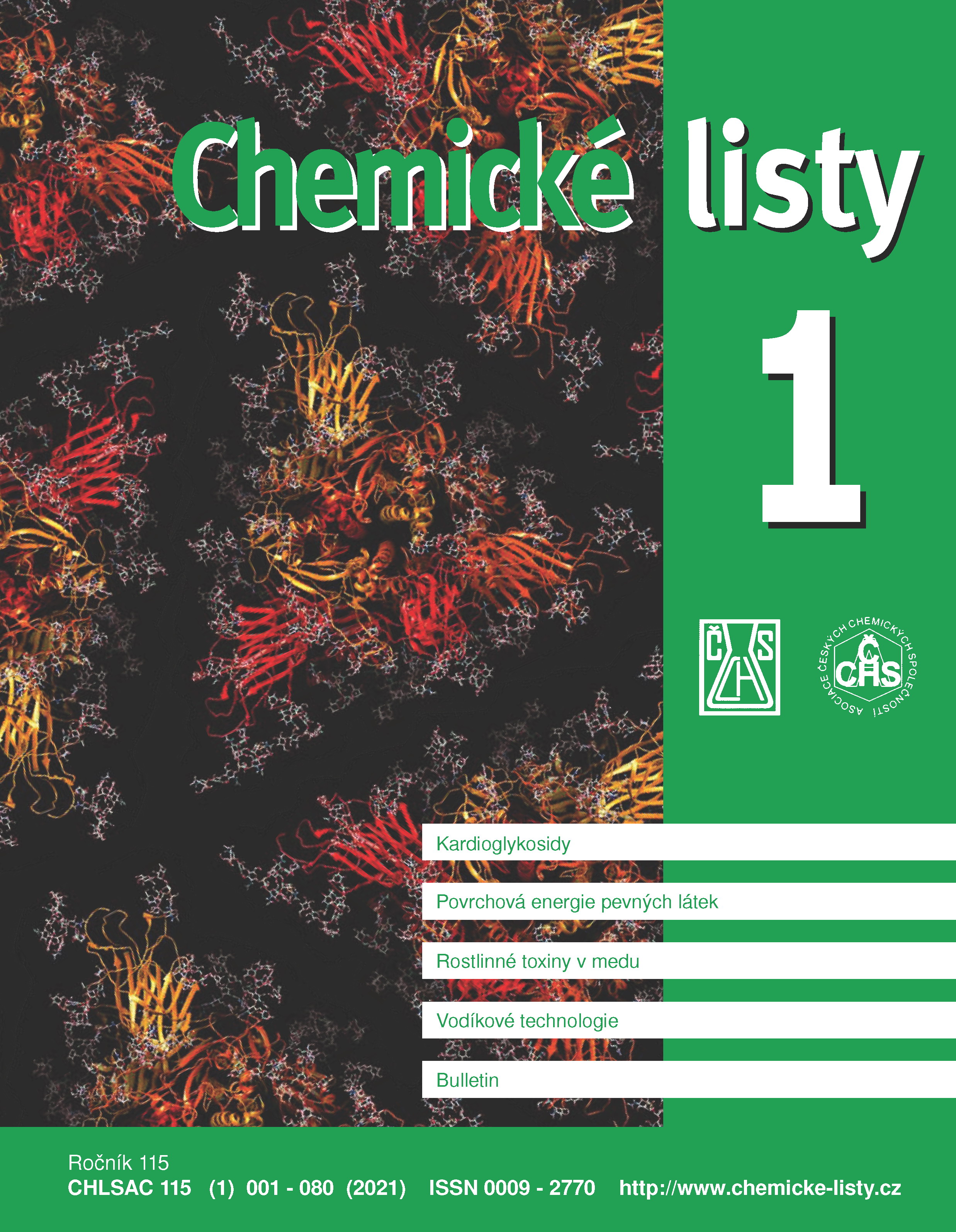Cardiac Glycosides: On Their Therapeutic Potential for Cancer Treatment
Keywords:
digoxin, digitoxin, cardiac glycosides, ouabain, anticancer activity, natural compounds, sodium-potassium pump (Na⁺/K⁺-ATPase)Abstract
Cardiac glycosides are bioactive natural compounds well-known mainly for their potency to induce a cardiotonic effect by sodium-potassium ATPase inhibition. For many years, cardiac glycosides have been utilized to treat heart failure and arrhythmias; however, according to novel research studies, these compounds have an enormous potential also as medicinally promising compounds for cancer treatment. The goal of this review is to provide a brief insight into the research topic of cardiac glycosides by describing their chemical structure, biosynthesis, the mechanism of action, anticancer potential alongside with the most significant clinical trials, as well as their other biological activities, such as the modulation of the immune system.





